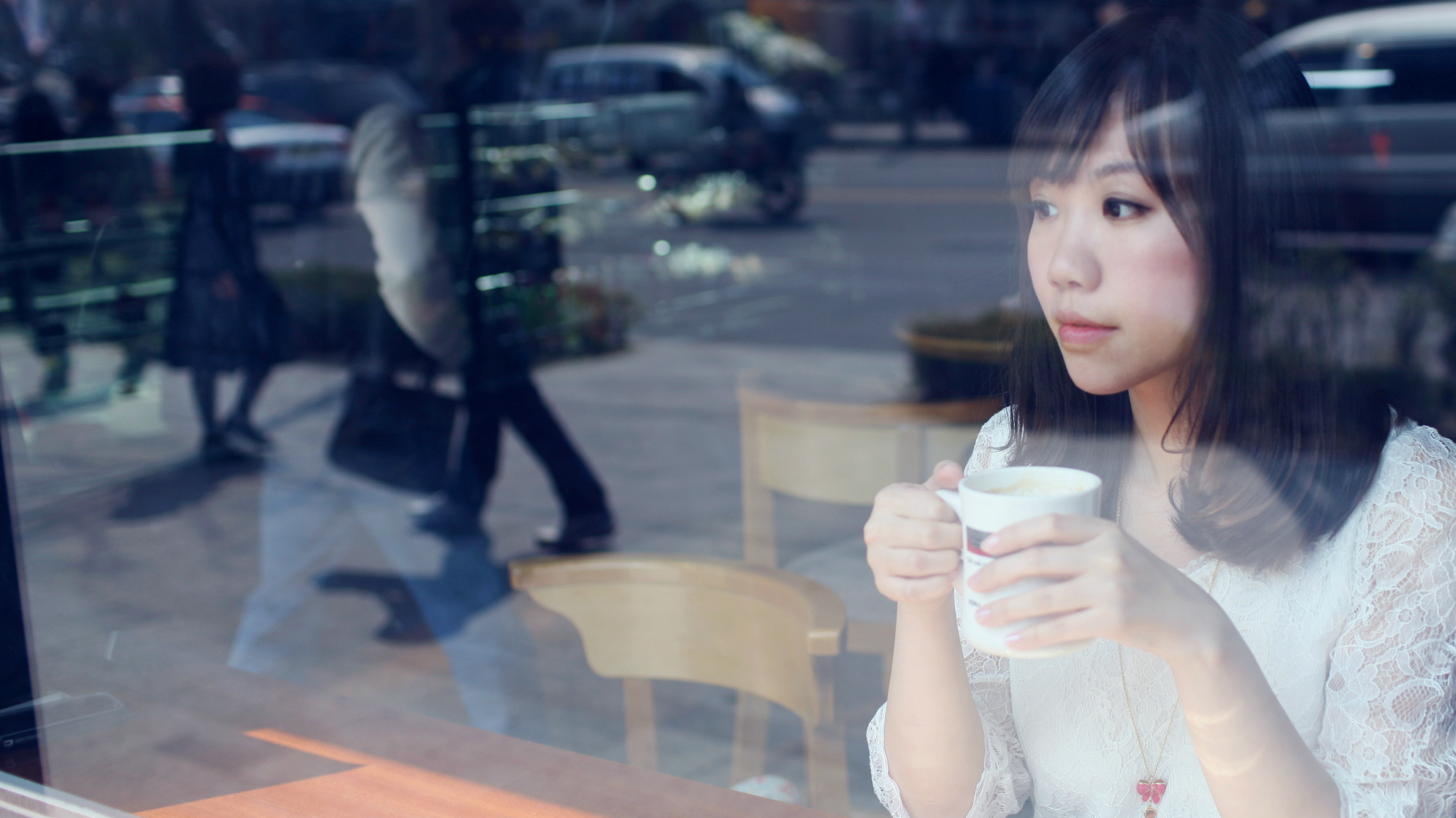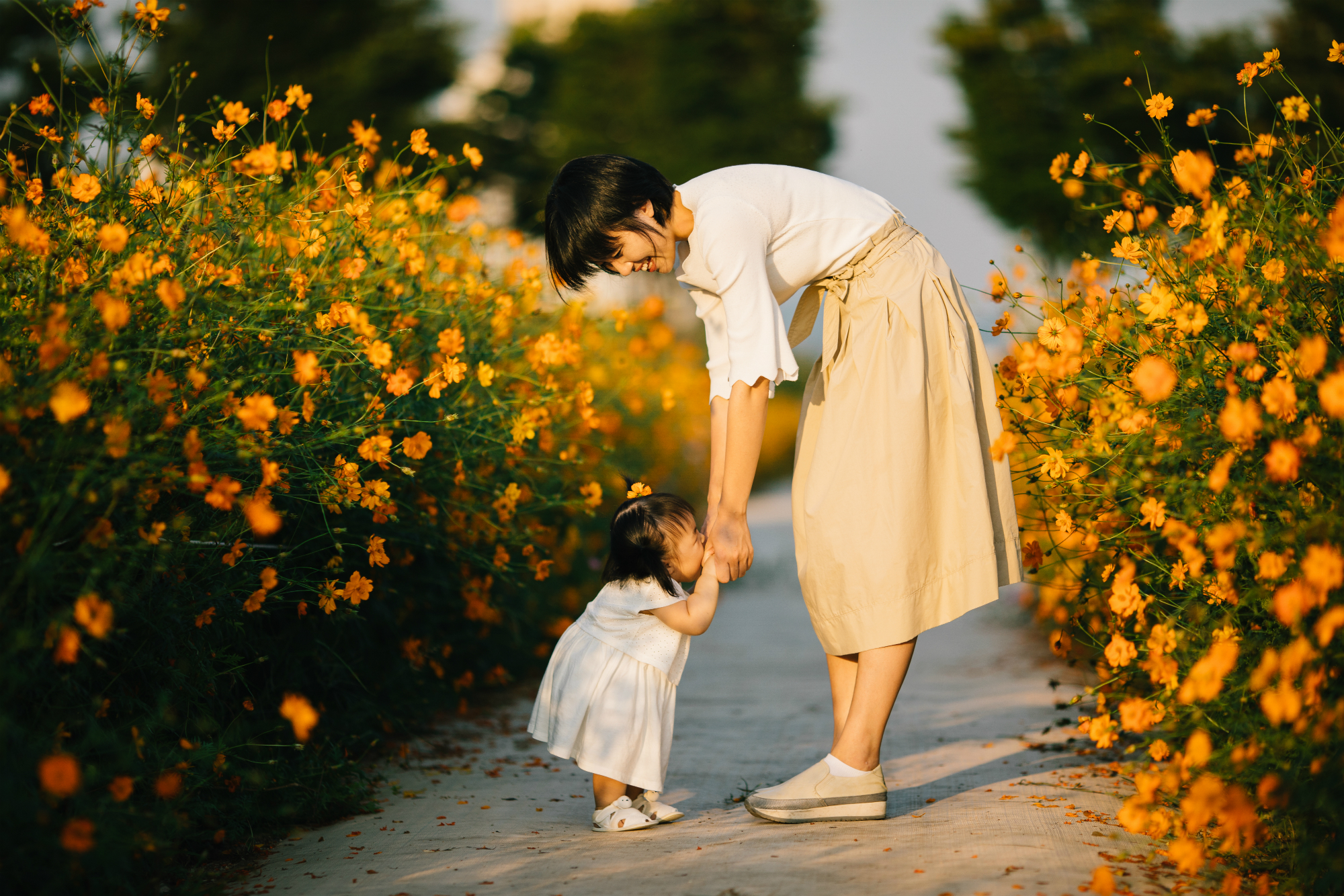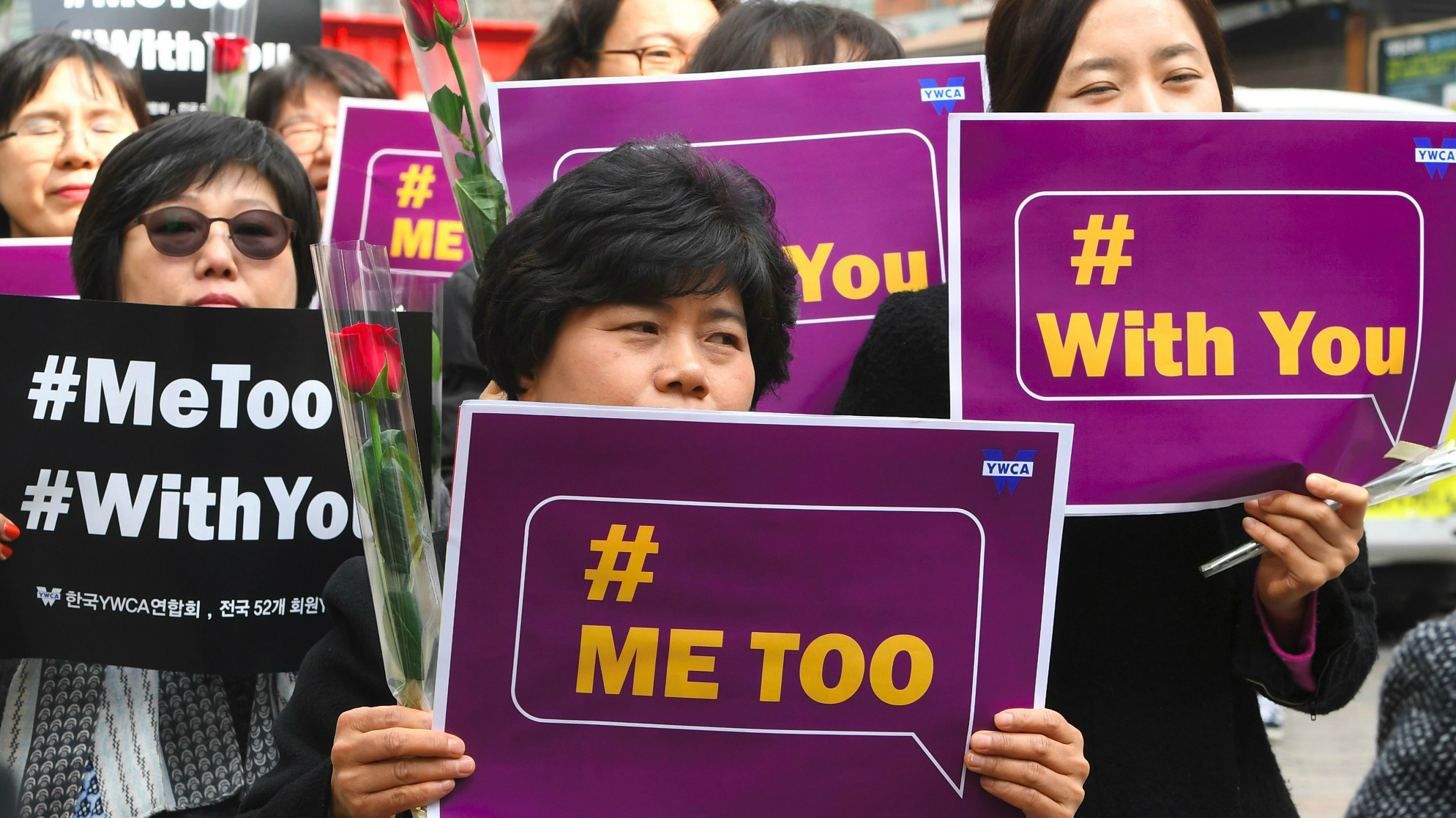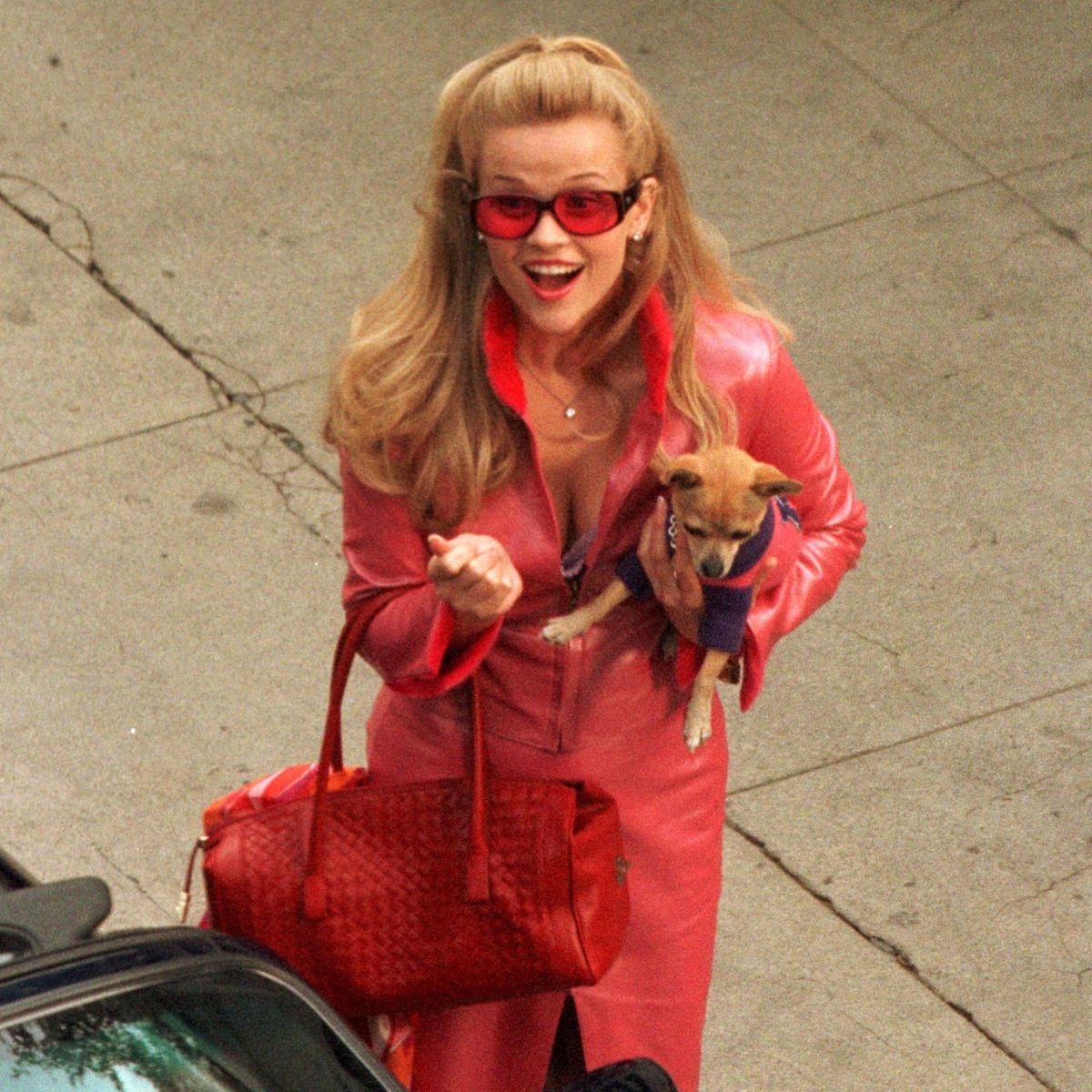The South Korean book that inspired a new wave of #MeToo
A novel called Kim Jiyoung, Born 1982 launched South Korea's #metoo protest. Now as the film adaptation hits the big screen, its fans are subject to online abuse

A novel called Kim Jiyoung, Born 1982 launched South Korea's #metoo protest. Now as the film adaptation hits the big screen, its fans are subject to online abuse
Words by Claire McCrory
A South Korean novel highlighting attitudes and treatment of women in the country is facing an onslaught of abuse on social media. Kim Jiyoung, Born 1982, which was written by female scriptwriter, Cho Nam-Joo, provoked controversy when it was first published in 2016 and has recently been adapted into a major film.
When the film was announced, its leading actress, Jung You-mi, received thousands of hate comments on her Instagram, with a petition even being created to persuade South Korean President Moon Jae-in to ban the release of the film.
https://youtu.be/uUqsGBspxU4
The story, which is told from the perspective of a male psychiatrist, chronicles the life of an average South Korean woman, trying to balance work and family while encountering everyday discrimination and sexism. Her own mother even laments the fact she couldn't have a son instead.

Hailed as one of the most important feminist novels in the Korean language, supporters of the book and subsequent film have been heavily vilified on the Twitter sphere, by people who view it as female propaganda. Its critics claim it makes sexist generalisations against men and aggravates gender conflicts.
Marie Claire Newsletter
Celebrity news, beauty, fashion advice, and fascinating features, delivered straight to your inbox!
The fierce criticism of the novel is only matched by the harsh reality of the story it tells, about systematic gender inequality in South Korea. In its 'glass celling index', The Economist ranked South Korea the worst developed nation in which to be a working woman, boasting one of the highest gender pay gaps among developed nations, with women only earn 63% of their male counterparts salaries.
The book was also believed to be one of the key catalysts in the South Korean #MeToo movement in 2018, along with multiple allegations against powerful men and the murder of a young woman in Seoul's Gangnam metro station. The movement saw 193 women standing up at a #MeToo protest in Seoul detailing their experiences of sexual harassment. President Moon Jae-in addressed the movement by stating, 'South Korea cannot solve this problem through laws alone and we need to change our culture and attitude'.
One of the most high-profile allegations was against Governor Ahn Hee-jung, once tipped as a potential presidential candidate, who was accused of repeatedly raping his secretary.

Getty Images
Jamie Chang, who translated the book into English, said it was a great personal challenge. 'There was a significant amount of internalised misogyny I had to face in order to translate this book.' Chang believes that although the novel focuses on the life of a South Korean woman, it will resonate with people across the world. 'Primogeniture, preference of male... that's very common in Western culture, too.'
The leading destination for fashion, beauty, shopping and finger-on-the-pulse views on the latest issues. Marie Claire's travel content helps you delight in discovering new destinations around the globe, offering a unique – and sometimes unchartered – travel experience. From new hotel openings to the destinations tipped to take over our travel calendars, this iconic name has it covered.


